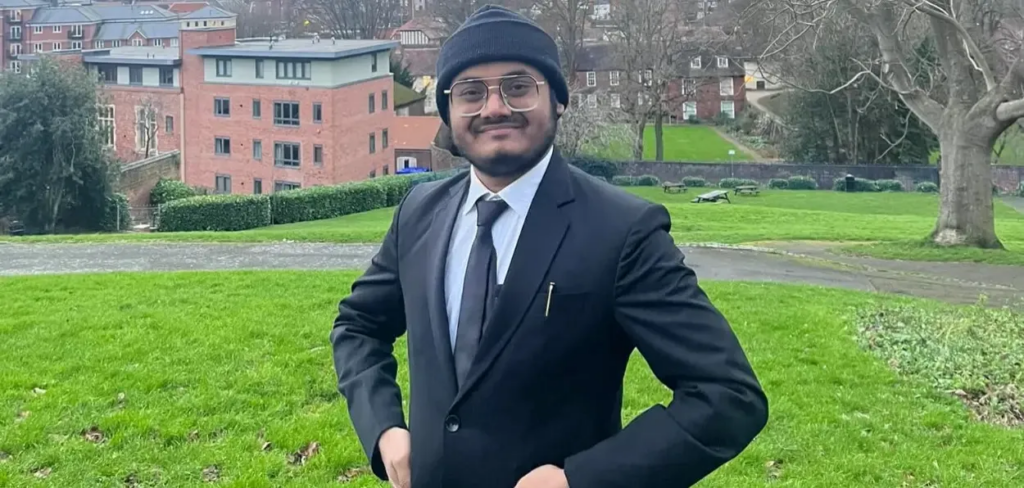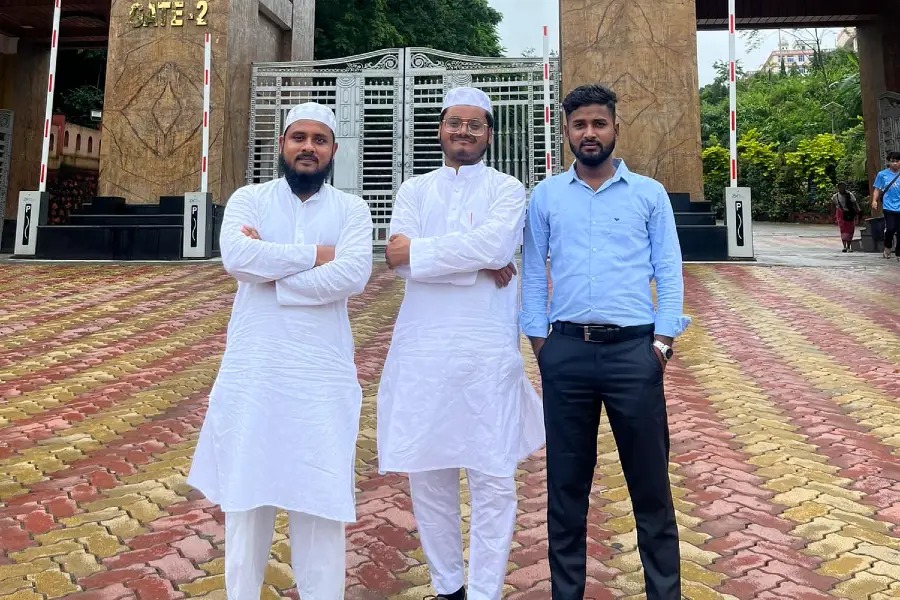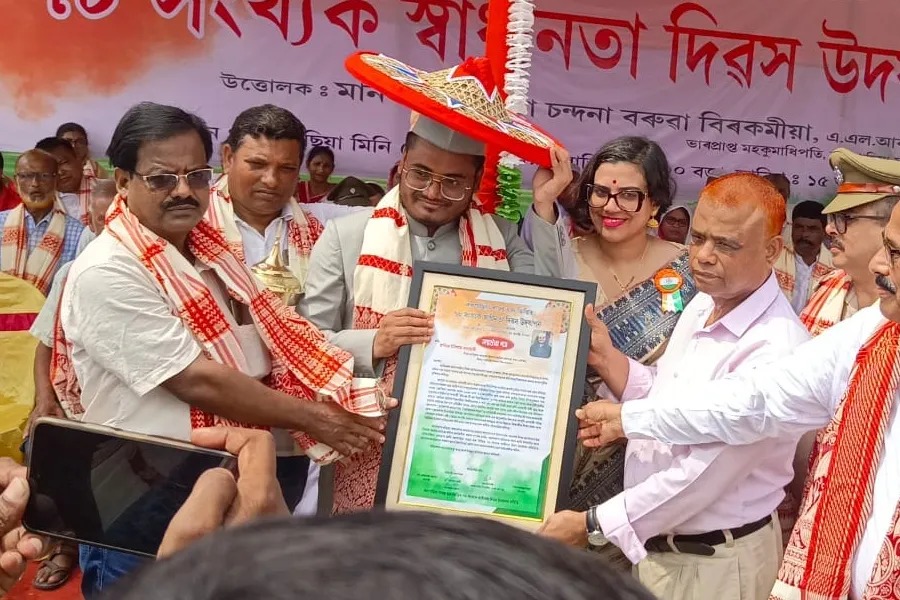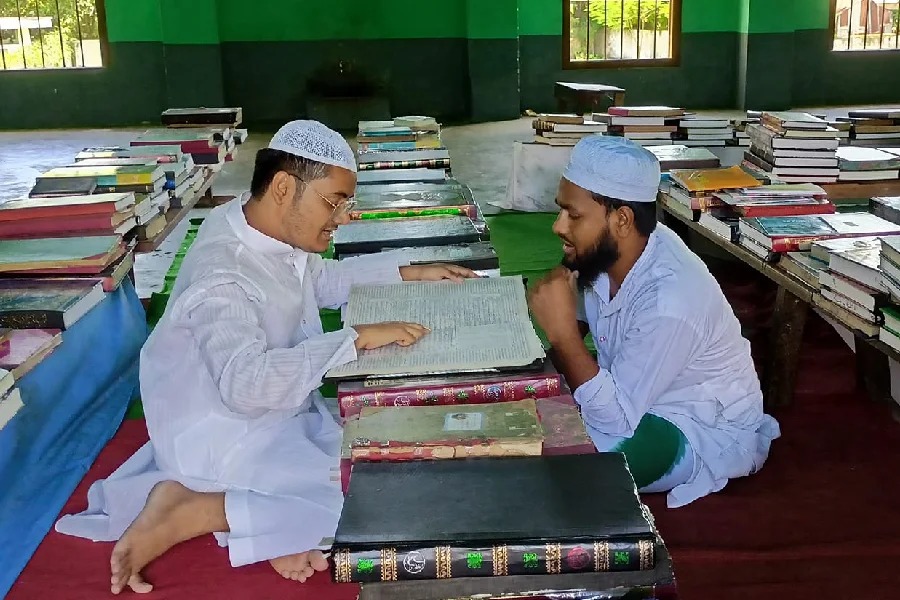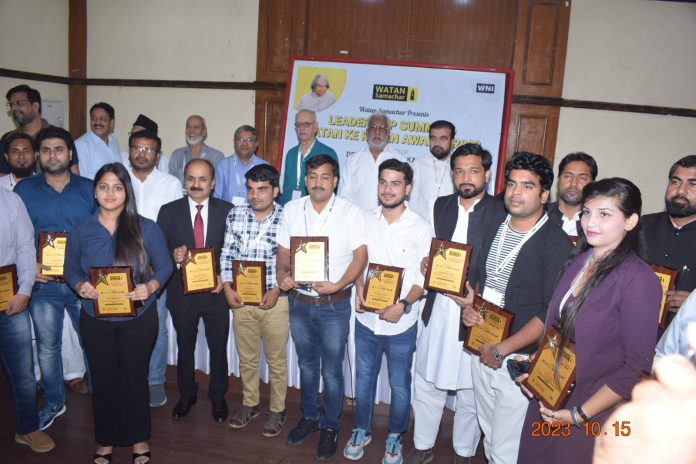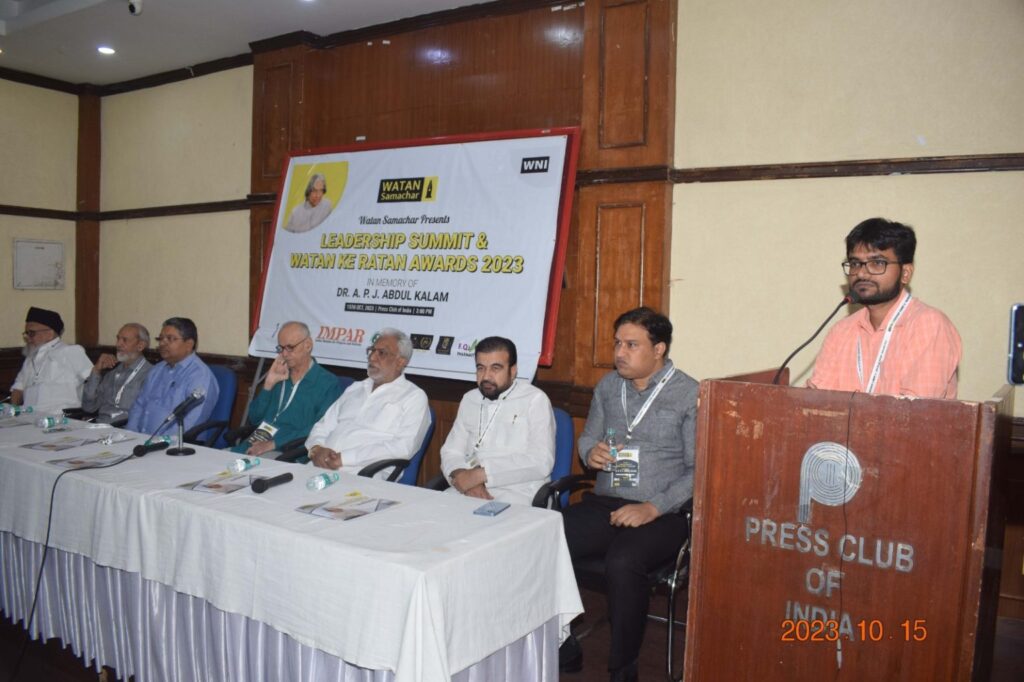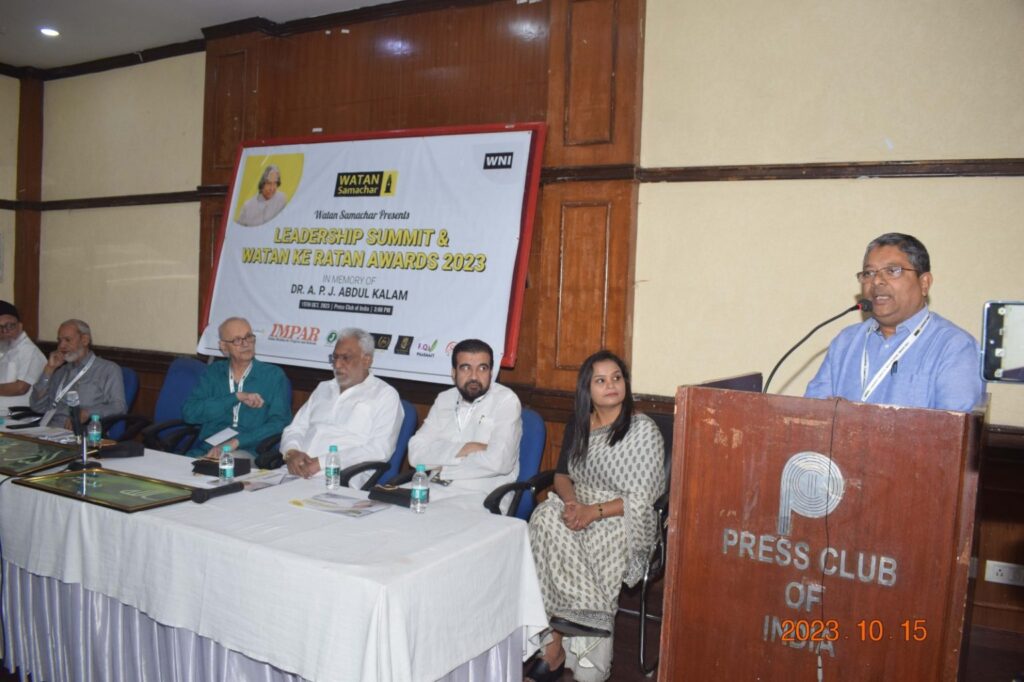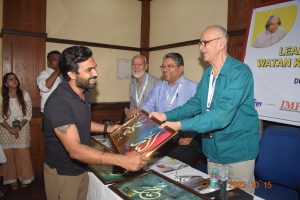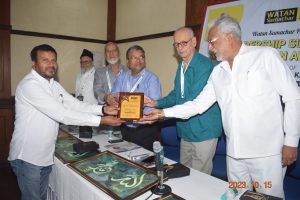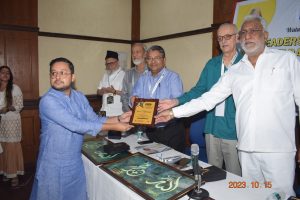Hyderabad, TELANGANA :

Sughra Humayun Mirza; Photo courtesy: Safdaria school
Today, we honour the legacy of Sughra Humayun Mirza Begum, whose courage and vision paved the way for future generations.
Sughra Humayun Mirza was born in December 1882 in Hyderabad. Her father, Dr. Safdar Ali Mirza, was a Captain-Surgeon in the Nizam’s Army and a pious man of Sufi leanings. He had migrated to Hyderabad during the reign of Mir Nizam Ali Khan, Asaf Jah Il.
Growing up Begum Sughra was home tutored in Persian and Urdu. As a young woman, she was inspired by nationalist and reformist ideals. She was married to Barrister Syed Humayun Mirza, after whom the Humayun Nagar area in Hyderabad is named.
Edited magazines
After her marriage, she travelled widely and read extensively and became a person of wide knowledge. Sughra Mirza served as the editor of many journals related to women. They include Al-Nisa (The Woman), and Zaib-un-Nisa (Women’s Adornment). Al-Nisa focused on social issues like cleanliness, health, nursing, and critiqued outdated customs like child marriage and polygamy. The readers of the magazine extended beyond the Deccan region. It spread throughout the mainland of British India, which included Lahore, Delhi, Lucknow and Aligarh.
By 1913, Begum Sughra became the secretary of the Anjuman-e-Khawatin-e-Islam (Association for Muslim Women), contributing to the organization’s efforts toward improving the status of women. Soon after, she joined the Anjuman-e-Khawateen-e-Dakkan (Deccan Ladies’ Association).
She spread her work
She started similar organisations in Madras, Delhi and Aurangabad. They became platforms for discussing issues related to girls’ education, teaching trades and crafts, fundraising for educational initiatives, vocational training and arranging sports activities for women.
Begum Sughra contributed articles to various newspapers and magazines advocating for social reforms. Being a prominent Urdu language writer of her time she authored several books on women’s education, ‘Safarnamas’ or travelogues, novels, short stories, poetry, and essays.
Wrote books
Some of her well known literary works include – Sarguzisht-e-Hajra (1926), Mohini (1929), Musheer-e-Niswan ya Zohra (1930), Raaz-o-Niyaaz (1933), Bibi Toori ka Khwaab (Toori’s Dream–1952), Awaz-e-Ghaib (Voice of the Unknown).
Begum Sughra wrote her thoughts and authored most of her books by the pen name ‘Haya’.
Writing about Hindu-Muslim unity, encouraging the use of swadeshi goods, working towards setting up national universities and promoting education in the mother tongue, Begum Sughra’s achievements set her apart as a pioneer of her era.
She extensively traveled in India as well as many countries in Europe meeting people of repute and broadening her horizons. She met prominent figures like Mahatma Gandhi, Kasturba Gandhi, Dr. Rajendra Prasad, Pandit Jawaharlal Nehru, Shah and Queen of Iran, Dr. Ravindranath Tagore, Vijaya Lakshmi Pandit, Sarojini Naidu and many others.
She expressed through her poems, books and letters. Begum Sughra wrote letters to Jawaharlal Nehru, and even to Adolf Hitler asking him to end the war.
She kept an autograph book which was filled with messages from her esteemed friends and acquaintances. On 11th April 1944, Vijaya Lakshmi Pandit penned a message in Sughra’s book–“India will progress in proportion to the progress of its women. Let us realize this and march forward boldly with faith in the future.”
Royal Asiatic Society, London
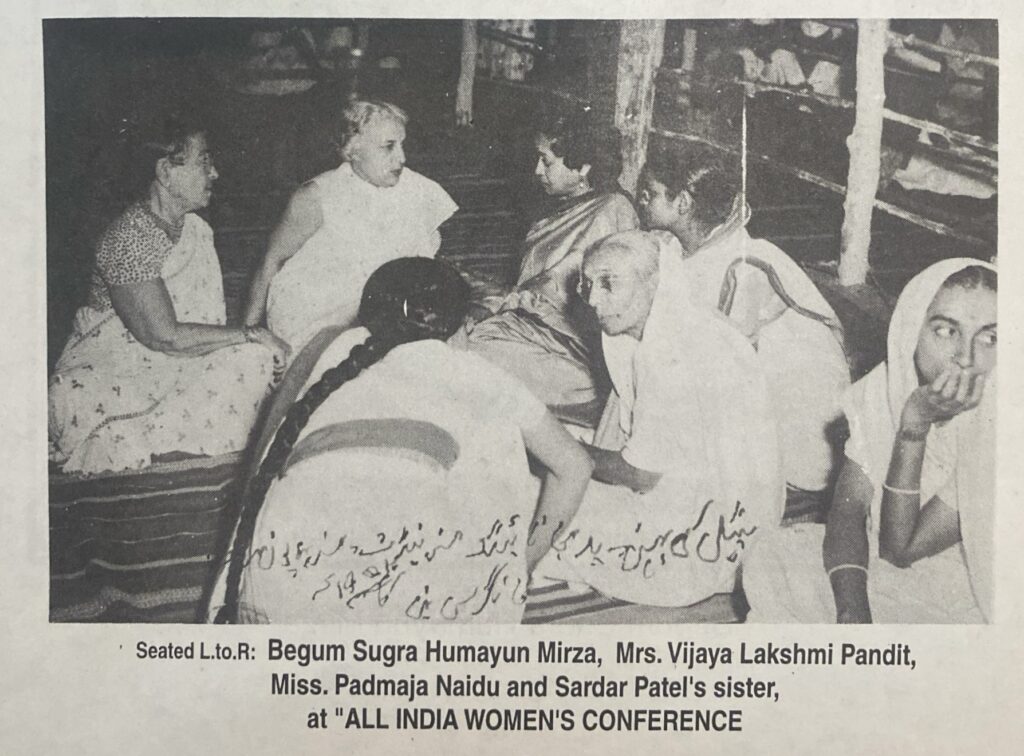
In 1923, she was made a member of the Royal Asiatic Society of London. Begum Sughra wrote five travelogues, three of which document her travels within India between 1914 and 1918, while two feature her journeys to Iraq in 1915 and through Europe in 1924.
Her domestic travel books focus more on social engagement and reformist ideas. Her international travels explore more her personal observations of the countries she visited, while discussing social issues.
In her travel book ‘Safarnama-yi Yurap’ published in 1926, she detailed her travels through England, Germany, France and Switzerland, and mentions about her time as a guest in Geneva of Sultan Abdulmejid II of Turkey, the last Ottoman caliph.
Madarasa-e-Safdaria
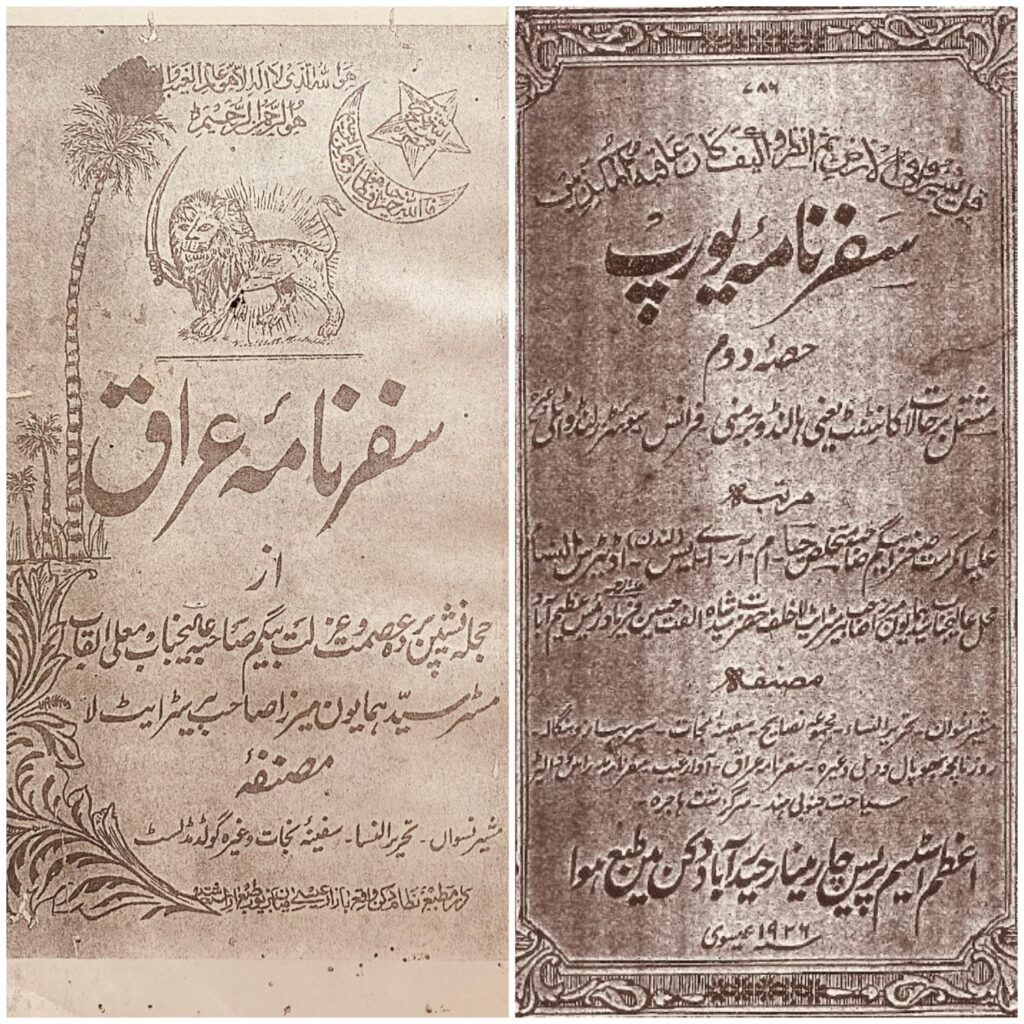
One of Sughra Begum’s most extensive educational projects was the Madarasa-e-Safdaria, which she founded in 1934, it has flourished since and is a beacon of education. Located in Humayun nagar
Safdaria school’s objective is to provide free of cost education to the girl child born in Hyderabad’s lowest socio-economic class families. Several dignitaries and luminaries have visited the school since its founding. They include Dr. C Rangarajan, former governor of A.P., Air Chief Marshal Idris Latif, former MP Denzil B. Atkinson, Kumudben Joshi, former governor of AP, Dr. Syed Abid Hussain, and very recently in 2025 U.S. Consul General of the US in Hyderabad, Jennifer Larson.
A few years back, the students of Safdaria school had the opportunity to visit Delhi to meet Dr A.P.J. Abdul Kalam at the Rashtrapati Bhavan.

Screenshot
Over the years, Safdaria School made rapid progress, achieving high standards of girls’ education at both Urdu and English medium levels.
When Begum Sughra founded the school, she had to donate her property for its maintenance to meet the expenses and give scholarships to orphans and girls from destitute families.
Her acts of kindness and service include directing her efforts in raising funds for Aligarh Muslim University, providing relief for those affected during the Musi floods of 1908, and even for the victims of an earthquake in Persia.
Standing firm
As one of the first woman activists in Hyderabad, Begum Sughra faced a great deal of challenges yet she stood firm in her resolve to work for women’s rights and their education. Her impact resonates far beyond her time, reminding us of the strength and resilience that women embody in every field and every corner of the world.
She’s a prominent figure in the history of Hyderabad who needs to be celebrated and recognised on a global platform.
Ameera Aaiza is based in Washington, DC, with her roots in Hyderabad, India. Her work explores history, culture, art, and architecture. She contributes columns and blogs and is currently in the process of writing/authoring a book.
source: http://www.siasat.com / The Siasat Daily / Home> News> Hyderabad / by Ameera Aaiza / March 12th, 2025
